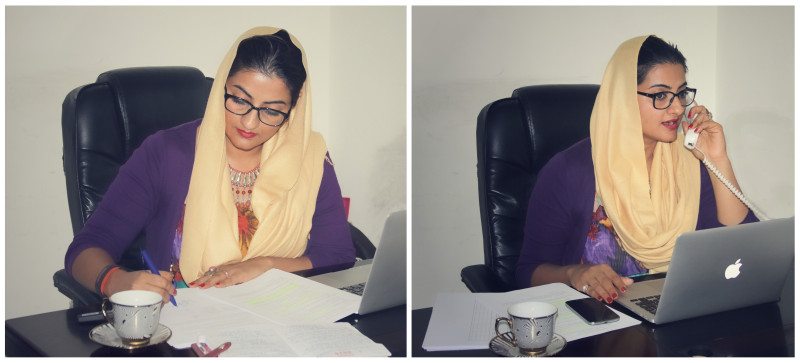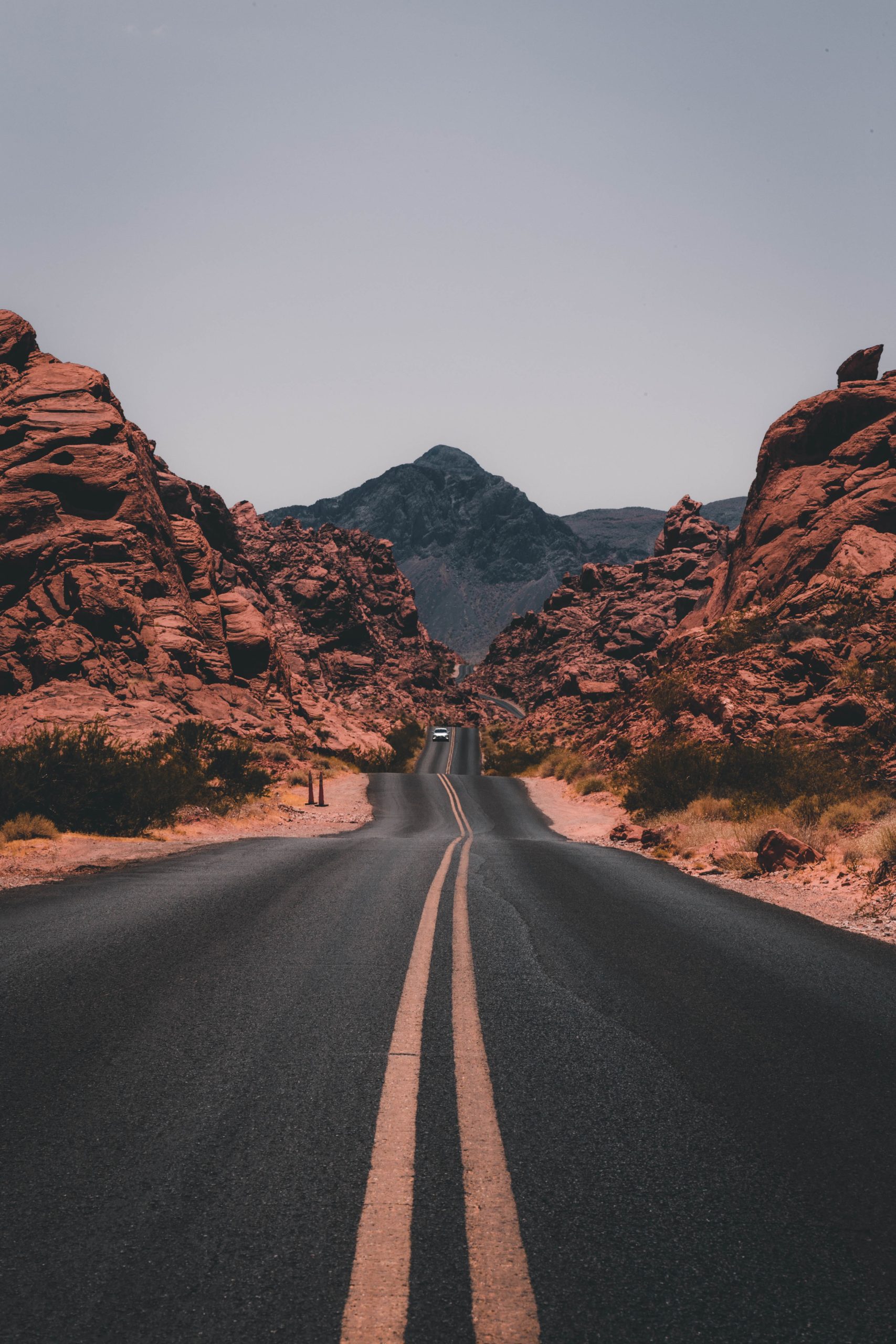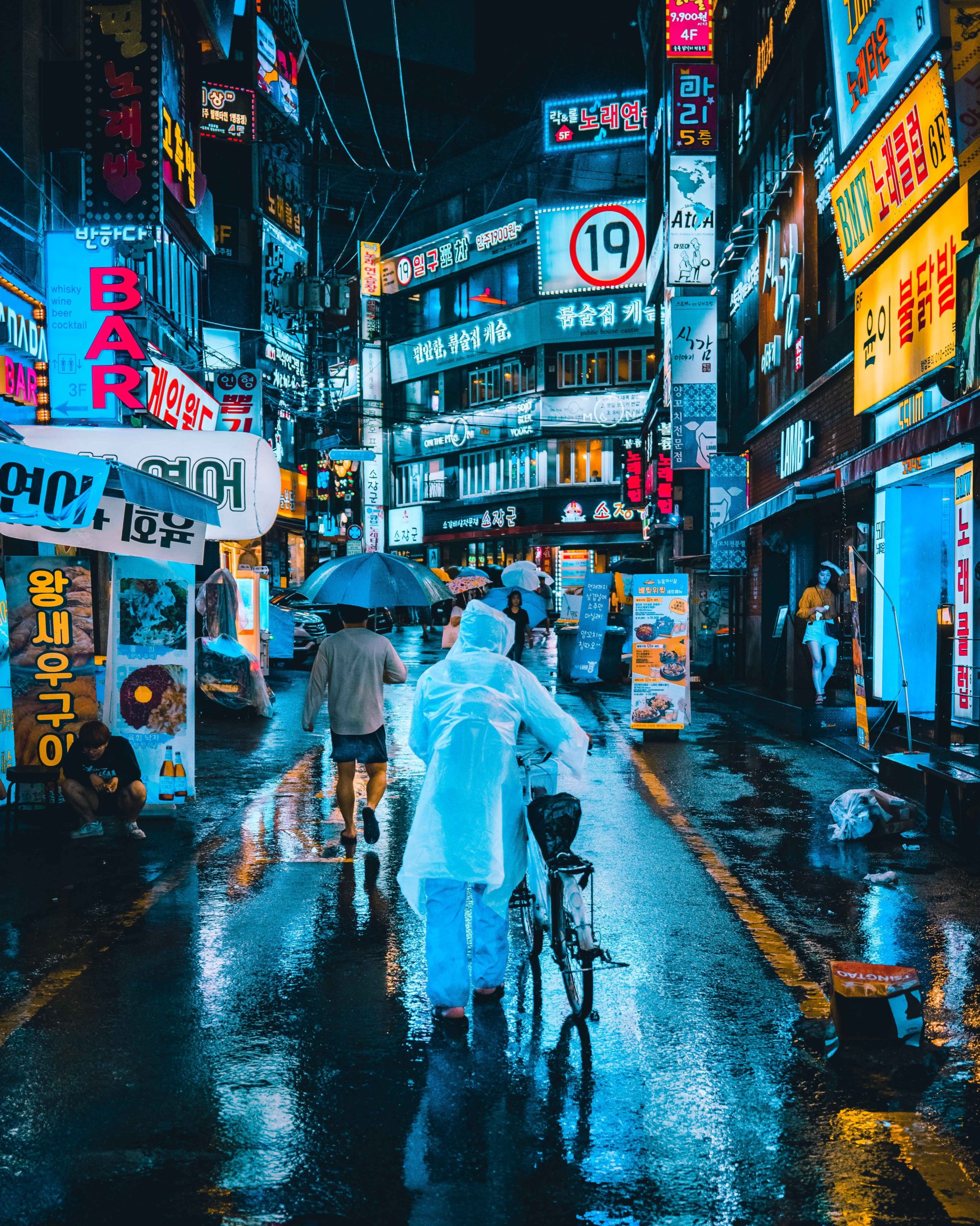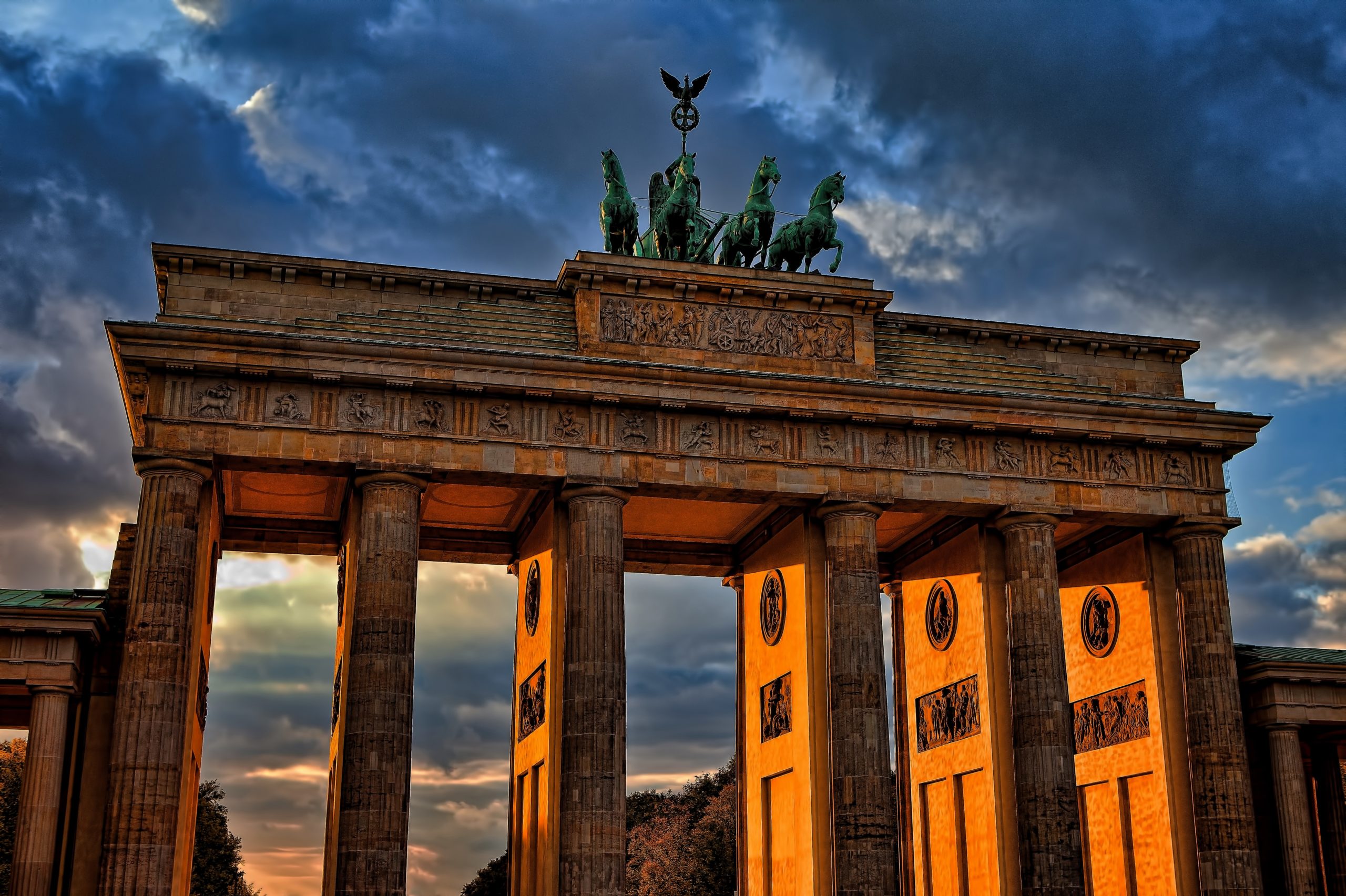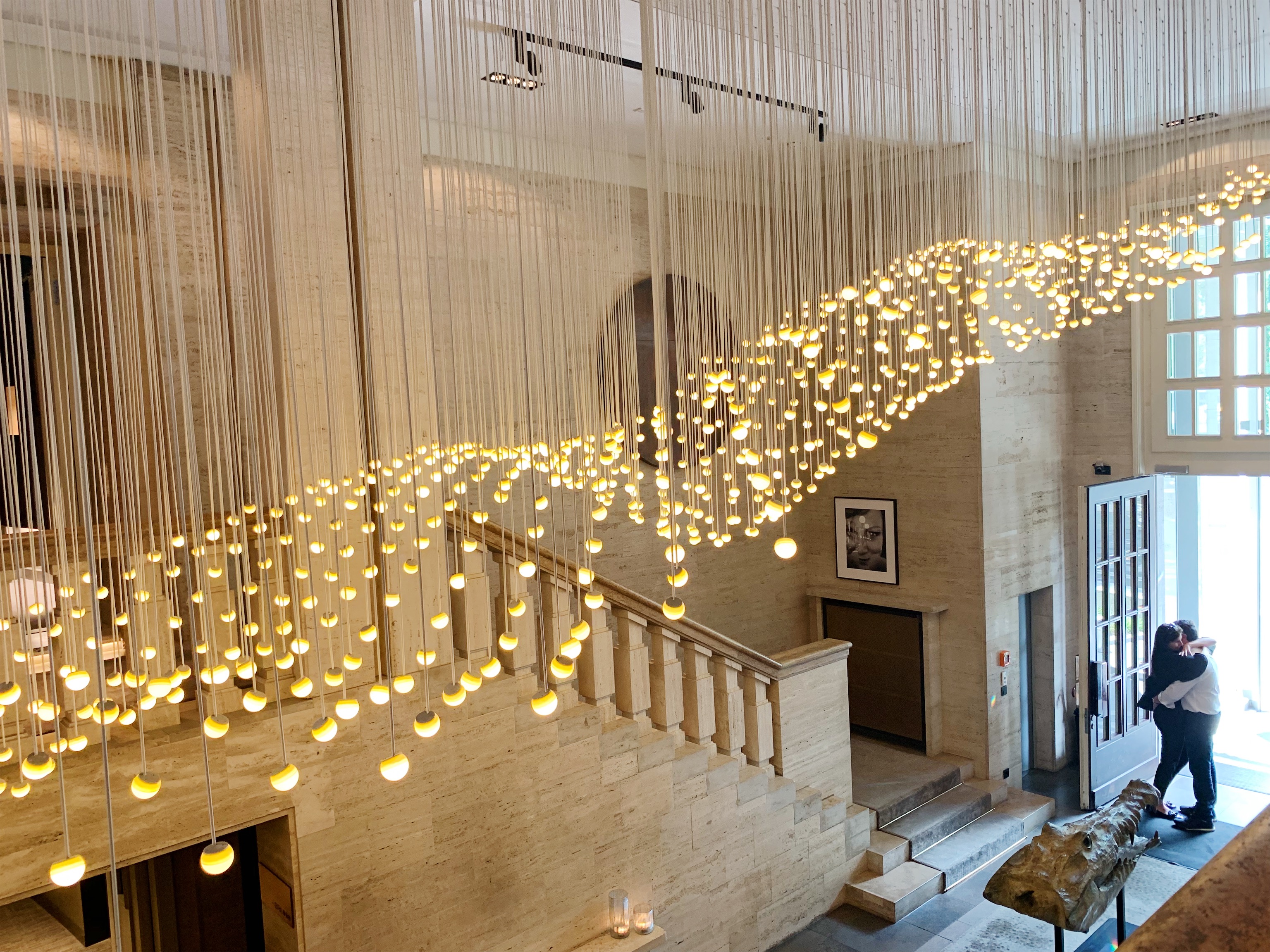Meet Kavita Nair. Female. Fierce. Fabulous. Fearless. These are just some of the words that can be used to describe her. I recently came across another interview with Kavita on The Diplomat and was somewhat fascinated by her story. She’s a communications professional and single mother from Mumbai, India who found her calling in Kabul, Afghanistan — not a country you’d expect solo female travelers to gravitate towards.
While I’ve never been to Afghanistan myself, I am acutely aware of the grossly hyperbolic coverage by the U.S. media, especially with regard to that region. So when I came across Kavita, I wanted to take this opportunity to paint a real-life scenario of what life is really like in Afghanistan, specifically from a female perspective.
Read on to learn more about Kavita and her fiercely fearless attitude towards life and traveling.
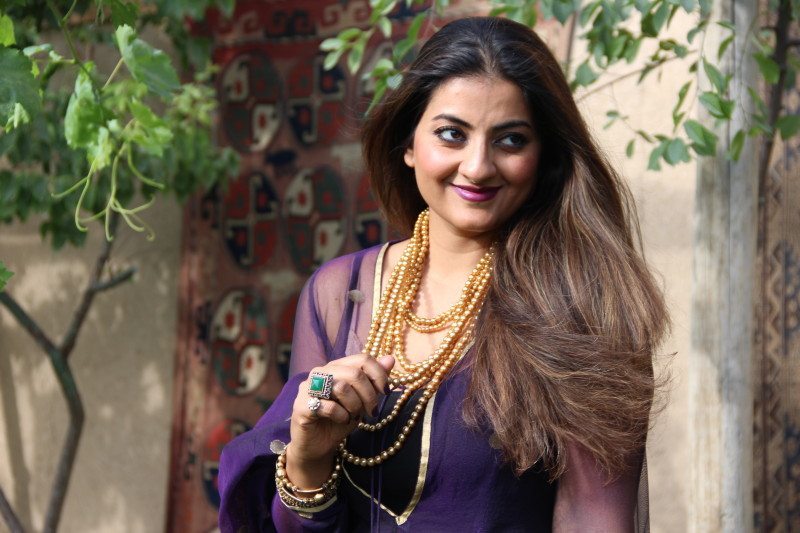
1) Tell us a little bit about yourself and your background.
I am Kavita Nair, born in Mumbai and raised by a homemaker and businessman. As a Mumbaikar, I grew up speaking English, Malayalam, Hindi, and Marathi with native fluency. Throughout the years, I’ve also picked up French, German, Arabic, Pashto, and Dari, all to varying degrees. I moved to New York City when I was 25. In 2004, however, I made the decision to go back to school. It had been 4 years since my last degree. I was married, but my husband worked in Chicago. I was home in New Jersey, in a relatively new country, living a relatively new life, with no close or extended family for support. I was apprehensive but with my parents’ encouragement, I took the plunge. I applied for an Associate Degree in International Studies from Mercer County Community College. While I was studying, my professors in MCCC encouraged me to take up a Masters Degree in International Relations. My professors encouraged me to apply to Columbia University’s School of International and Public Affairs in New York City and wrote me glowing recommendations. I did and in fact, it is the only school I applied to. Looking back that was such a big risk. But it paid off.
However, God had other plans for me. In early 2007, I discovered I was pregnant. It had not been such a great year for me personally, as my home life had already started to unravel, but this news changed my outlook completely. Not everyone thought I was being smart – having a baby when I had just been accepted to Columbia – but I got a deferral, travelled to Ghana, UAE and India. I returned to the US when I was 7 months pregnant and continued to take short trips on the East Coast – D.C., New York, Philadelphia, Niagara Falls, until the last week of my pregnancy. I called it the “Preggers Wanderlust”!
After my son, Mikhail was born, I went back to India, and though it was an incredibly difficult decision, I left my 10-month old son with my mum and sisters in Mumbai and left for New York to begin my education for 2 years and chase my Afghan dream.
I must mention that I do not regret that degree or any education or career decision I have ever made but I do regret leaving my son behind. In a true sense, I never completely got over the trauma of that distance. But when I walked down Columbia University’s College Walk this year with Mikhail, who is 6 now – and he was asking me hundreds of questions about my life as a student, I did feel a bloody sense of pride. And I know, in his childish way, he is proud of me too.
2) What does travel mean to you? When was your first trip? When did you first go to Kabul?
Travel to me is not just an ability to see a country and then check it off a bucket list. Travel is a rebirthing process of sorts – I feel like I don’t land in a new country until I immerse myself into the proverbial melting pot of its uniqueness and re-emerge as part of that society.
The one thing I have noticed everywhere I go, without exception, is that when you give your time and effort to people, and try to understand, learn, and appreciate their culture, language and way of life, they open their hearts to you, a hundred times over.
I went to Kabul for the first time in the summer of 2009. I worked for a news agency there as part of an internship. I returned to complete my degree and another internship at CNN in New York City with the Christiane Amanpour Show. By the end of my final semester, I had a full-time job at The Killid Group – a leading Afghan print and radio business – waiting for me in Kabul. My son was back with me and after a brief holiday in Florida, Mikhail and I flew to Kabul in the summer of 2010 to start a new life for both of us.
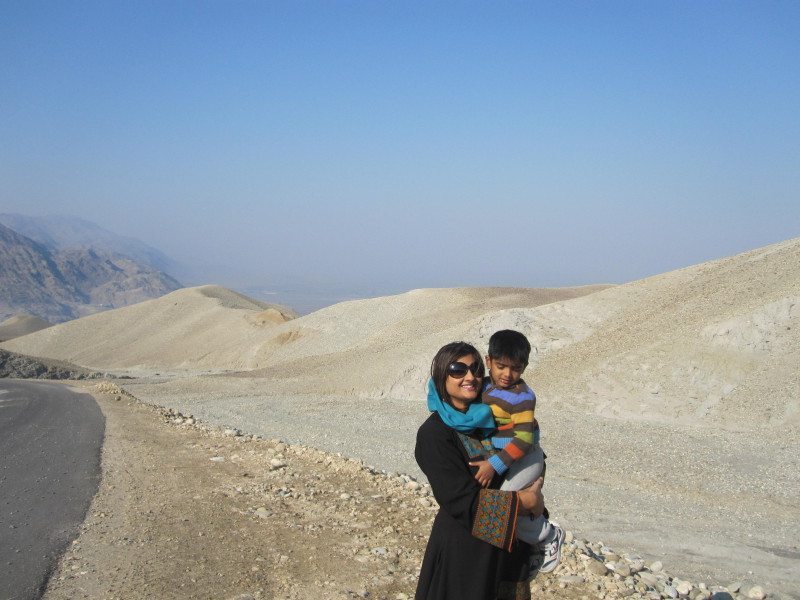
3) What is life in Kabul really like and what’s a typical day for you?
Kabul is a proper city, smaller than Mumbai or New York, less vibrant, far less active and populated but a city nevertheless. We have supermarkets, malls, restaurants, parks, cinemas, and recreational areas. However, Kabul is a traditional city, a city in the middle of an ongoing conflict, political strife and tension so naturally locals and expats are careful with their movements. I am especially so. I always dress as conservatively as I possibly can. I always wear a scarf on my head and cover my arms and legs to the best of my ability.
Does that feel restrictive? Not really. I am living and working in the ‘Stan – I studied the country, learned the language, and gleaned enough information about its culture and traditions before I landed here so naturally, I was fully prepared for the “covered up” existence. In the ‘Stan, I am as comfortable with the chador on the top of my head as I would be with a mini skirt and stilettos in the U.S. It gives me anonymity and a certain sense of self-assurance and respect that I think is important as a woman here.
I have always felt safe in Kabul because: 1. My son and I both speak the language so we can try and pass off as locals or foreign relatives of a local; 2. Most people do respect your privacy; and 3. I am very conservatively dressed and I behave in accordance with the culture. Having said that, this year has been very tense because of the Afghan elections and the controversies that followed. So I am extra careful. I do not go out, not even shopping, as often as I used to in the city. I don’t venture to any picnic spots that I used to frequent and I have stopped traveling to the provinces.
But certainly, it is not as unsafe or backward as the western or regional media make it out to be. Every society has a certain tradition – a set of rules – and if one wants to live there then one plays by those rules. The ‘Stan is no different. In everyday life, I am not overtly friendly with anyone. I have tons of male colleagues and we joke around and laugh a lot but I maintain a distance. I am polite and diplomatic at all times.
I have a close circle of friends – Afghans and expats. And I find I love entertaining – hosting tea and dinner parties at home or at certain selective restaurants. I am 37 and a mother so obviously, I hardly crave the typical expat entertainment.
Yes I think I am treated differently in the ‘Stan – at work, in a restaurant, at the grocery store, at a mall. And I am sure it is because: 1) I am an Indian woman; 2) I speak the language; and 3) Through my work and conduct, it shows how much I have immersed myself into this land, so I am treated with a lot of courtesy.
4) What are your favorite parts about life in Afghanistan? Least favorite? What have been the biggest challenges/lifestyle adjustments?
To me, people make a city or country good or bad. I love the warmth of the Afghan people – their simplicity, their hospitality, and their way of life — and I love that they cannot hide a single emotion, be it love, pain, envy, or pride. Everything is so out there. And yet the men and women are also extremely shrewd and savvy. It fascinates me.
And that landscape – God! It is the most beautiful bloody landscape I have ever seen. Three weeks out of the ‘Stan and I have livid dreams about those treacherous and provocative mountains and I feel a certain restlessness I cannot explain, only telling me that it’s time to return.
Least favorite: There is no South Indian restaurant in Kabul, which is a shame really. So if I want to eat South Indian food then I have to cook it myself. A terrible tragedy, that!
Challenges: To convince people to let you work for them. It was and remains my biggest challenge. Afghanistan is like any other developing economy where old habits die very, very slow deaths. So new ideas and change are often frowned upon and feared. And I am not speaking only about the locals. Working through this particular challenge, while making sure the apple cart is not knocked down, is a rather exciting part of my job. I am optimistic, given time and a nurturing economic climate, this challenge may become “the problem of the past.”
In term of lifestyle adjustments, wearing the chador all the time was challenging. I wanted to wear it, sure. But I was not used to it so I would often step out of the house without it and the maid, driver, and guards would all stare at me until I finally realized something was wrong, or rather missing and and I would rush back home to get it. Or it would fall off my head and I wouldn’t even notice it until someone picked it up and handed it over to me. Embarrassing on all accounts. But it has gotten much better.
As an expat, I do get to travel outside Afghanistan every three months so I can set aside the chador for a while and reconnect to my old lifestyle – it is a pleasant break, I do not deny that – but after a few days, I feel like I need to get back to Kabul, again.
5) Single mothers are often ostracized in conservative cultures such as Afghanistan. How do you cope with this?
Surprisingly, my son had difficulties when we lived in an office guesthouse with other expats! (Hahahaha) Never have we experienced anything but love and warmth, while living with Afghans. Afghans, even more than Indians, are affable and loving to children. And mind you, they still, after five years, consider me a guest so they go out of their way to accommodate us. It is heartwarming, really. They are very kind to children.
Also Mikhail has lived in Kabul since he was two – he speaks perfect Dari and English so he mingles very easily with Afghan and expat children. So he has had no real adjustment issues in Kabul. Having said that, he is slowly becoming aware of life outside the ‘Stan – for a child, a holiday in the US, Dubai, Paris or Mumbai exposes him to a certain capitalist glamour that is irresistible and I suspect as he gets older, he will want to leave Kabul to explore the illusory and romantic attractiveness of an alpha city!
As a single mother in Kabul, I have not faced any discrimination or any unpleasantness so far, neither from Afghan men nor women. They are curious, sure but they usually stop asking questions after a certain point. To be perfectly honest, I do not have a personality that encourages small talk or unsolicited advice. I usually am quick with my quips although I do temper it down with a polite smile and I am also adept at changing the subject at a second’s notice. So there have been no issues there. Not yet anyway.
6) Your home country, India is often touted as an unsafe place for women travelers. In what ways is Afghanistan similar/different?
In Afghanistan, women are not encouraged to travel alone. Even though some women still do, there is no real system in place to encourage that. Whereas in India, it is supposed to be acceptable for a woman to travel alone because of the grand tourist network, accessibility of transport, and all the proverbial “systems” in place and yet women are assaulted, abused, brutalized, and murdered.
So to me, the Indian situation is comparatively scarier and unsafer. I often say that I would rather dodge bullets in the ‘Stan than walk around, unaccompanied in Delhi. It is meant to be a joke. Naturally, I would not want to do either but to me Afghanistan is a safer place, as I would never be expected to or have to travel alone. My Afghan male and female friends would physically stop me or try and accompany me, or at the very least, they would make sure that I am okay.
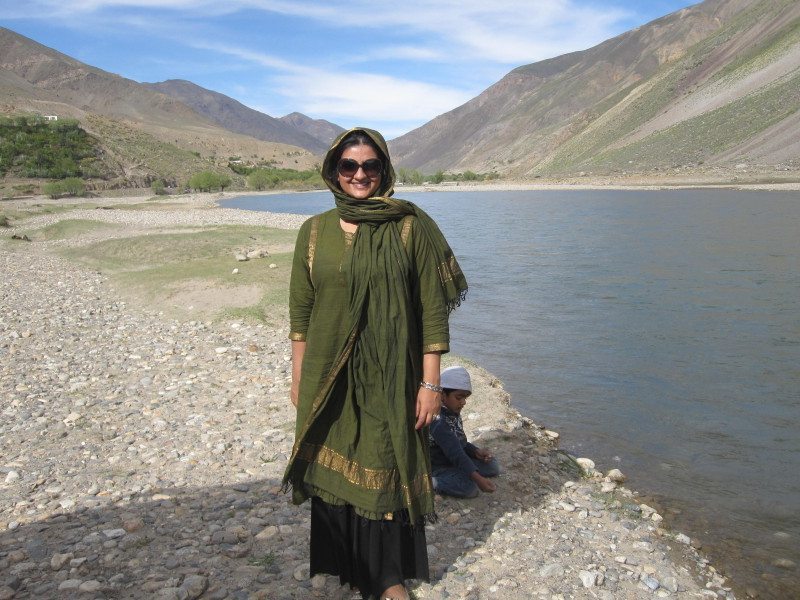
7) What is the biggest misconception that you can break down about Afghanistan?
That Afghanistan is a backward nation with backward people, only interested in religious fanaticism. It is politically unstable now, yes. It is a conflict-ridden nation, yes. It is economically less advanced than its neighbors, agreed. But it is a beautiful country with some of the most generous and savvy people in the world, who are more appreciative and kinder towards foreigners than in any other country I have been to. Yes, they are religious but they are also very kind and accommodating, for the most part towards the “others.”
8) What advice would you give to someone who wants to visit or live in Afghanistan?
If one wanted to simply visit the ‘Stan then ideally one should already have a few friends living there, locals preferably, so it is easier to travel around, appreciate the local food, dress, and customs, and know which places to avoid because of security threats.
Afghanistan has many places of interest mainly in Kabul, Parwan, Panjhsher, Herat, Mazar-Balkh, Kandahar, and Bamiyan but because of the conflict and an ongoing insurgency, there is no real tourism infrastructure in place. So having a friend there and traveling in a group would really help.
And if one was interested in working there then I would definitely suggest that one learn the language, preferably before landing a job there. It will certainly take you far. There are a number of books that can give you insight on the conflict and political situation in Afghanistan, however they offer a very western perspective: Kai Eide’s Power Struggle over Afghanistan and The Great Game by Peter Hopkirk and Barnett Rubin’s The Fragmentation of Afghanistan are good reads. Then there is Ahmed Rashid’s Descent into Chaos if one wanted a slightly eastern outlook.
I believe if you want to live in a country, anywhere in the world, you should be able to own the lifestyle there and imbibe some of the culture – that is if you want to live happily – or you will always be miserable. I do not have a mentality or personality that says, “I am better than you so I am here to change you.” That would never work, for sure. I wouldn’t make any friends, everyone would hate me and I would be depressed! My way is to adopt it and enjoy.
9) What are you currently doing in Kabul? How long are you planning to stay in Kabul?
Currently, I work as a Head of Business Development and Communications for Shamshad Radio and Television Network, a leading Afghan media company in Kabul. My work involves identifying and pursuing new business opportunities for the Radio and Television business units that contribute to increasing advertising revenues, acquiring strategic communication projects, and promoting SRTN among international donors and public and private non-conflicting organizations.
Sometimes, I also act as a go-between, connecting SRTN to a specific donor or ministry, for instance, by identifying the need for a communication project, acquiring funds through the donor, and implementing the project for a Ministry. This is often the kind of business chase that requires the most persistence, patience, persuasion, and diplomacy.
To be perfectly honest, I wanted to leave Afghanistan this year. However, some new opportunities at work have given me an impetus to stay. I love the country; I could stay in the ‘Stan forever, really. But Mikhail is growing up and I am sure as he grows up and finds his own distinctive, independent voice and spirit, he will want to return to the US or at least to another city, preferably close to an ocean.
